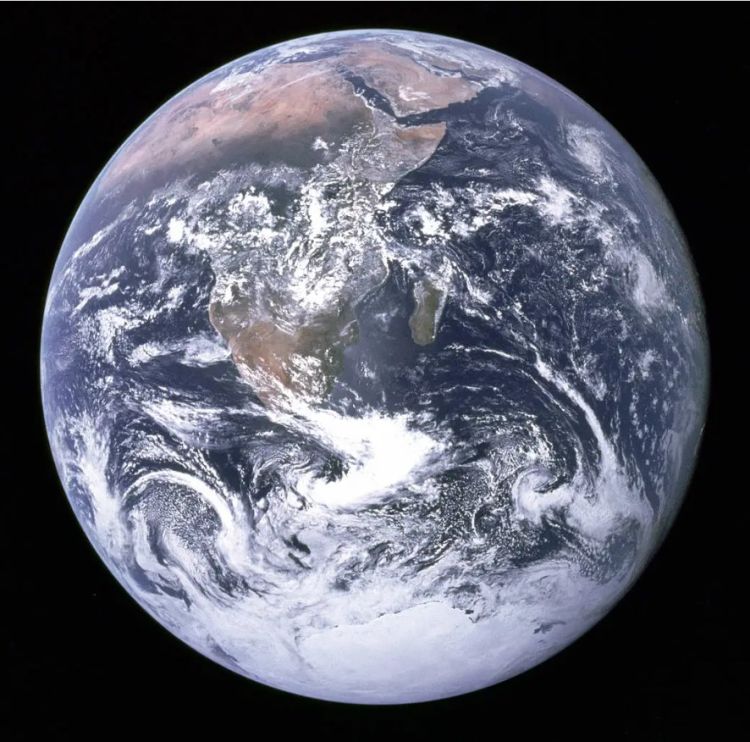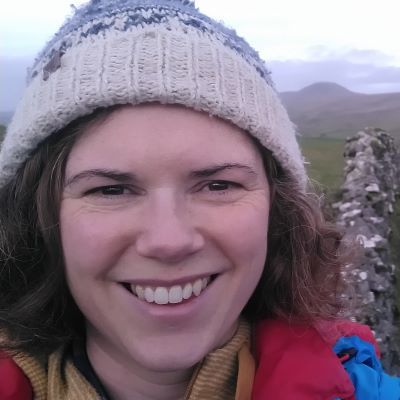School of Earth and Environment Inaugural lecture series

- Date: Monday 3 June 2024, 17:30 – 18:30
- Location: Esther Simpson Building
- Cost: Free
School of Earth and Environment Inaugural lecture series reflects our research expertise and innovation. Join us and hear about our groundbreaking research from the people who create it.
1. Professor Ben Mills and Professor Amanda Maycock
Monday 3rd June 2024, 5.30 – 6.30pm. Esther Simpson LT 1.01
Booking a place
This is a free event but we would appreciate it if you let us know you’re coming by completing this form: please click here.
Professor Ben Mills
Making toy planets and trying to keep them alive
 The history of the Earth is remarkable in many ways. On one hand, it is amazing that we have managed to figure out what the planet was like billions of years ago. On the other hand, we still do not know the answer to so many basic questions, such as why the atmosphere is so rich in oxygen, or how the Earth’s global temperature has remained so stable and comfortable for life. Our own solar system is full of examples of inhospitable worlds, but when we look out into space, we have quickly found planets that appear to be more similar to our own. In this lecture – with the help of our computerised toy planet – I will explain some of the biggest problems we have in understanding the evolution of our world, introduce some of the solutions my group has developed, and speculate on what this means for the existence of habitable worlds elsewhere.
The history of the Earth is remarkable in many ways. On one hand, it is amazing that we have managed to figure out what the planet was like billions of years ago. On the other hand, we still do not know the answer to so many basic questions, such as why the atmosphere is so rich in oxygen, or how the Earth’s global temperature has remained so stable and comfortable for life. Our own solar system is full of examples of inhospitable worlds, but when we look out into space, we have quickly found planets that appear to be more similar to our own. In this lecture – with the help of our computerised toy planet – I will explain some of the biggest problems we have in understanding the evolution of our world, introduce some of the solutions my group has developed, and speculate on what this means for the existence of habitable worlds elsewhere.
Ben studied mathematics at UEA Norwich and moved to their Environmental Science department for his PhD. He has since worked at the Universities of Exeter and Bristol, before moving to Leeds as an Academic Fellow in 2015. He designs ‘Earth Evolution’ computer models, which aim to explain the changing chemical make-up of Earth’s atmosphere and oceans over the entire history of the planet, and even into the deep future. His research group is now working to simulate how life and planetary environments have shaped each other over time and how they might do so on ‘exoplanets’ outside of our solar system.
Professor Amanda Maycock
Chasing the signal and the noise in Earth’s climate
 Edward Lorenz famously coined the ‘butterfly effect’ to describe the chaotic nature of Earth’s climate. He posited that a butterfly flapping its wings could lead to a tornado forming many miles away. Interpreting the observed climate record and projecting climate into the future using computer models therefore requires an appreciation of how chaotic variability (noise) interacts with the overall trend of human-caused climate change (signal). Much of the research I conduct concerns understanding the variability that the climate system generates by itself, our ability to accurately capture this variability in state-of-the-art computer climate models, and the implications for projecting future climate change. In this lecture, I will explain the importance of understanding both the signal and the noise of climate using examples from research conducted by the talented early career researchers I have been fortunate to work with.
Edward Lorenz famously coined the ‘butterfly effect’ to describe the chaotic nature of Earth’s climate. He posited that a butterfly flapping its wings could lead to a tornado forming many miles away. Interpreting the observed climate record and projecting climate into the future using computer models therefore requires an appreciation of how chaotic variability (noise) interacts with the overall trend of human-caused climate change (signal). Much of the research I conduct concerns understanding the variability that the climate system generates by itself, our ability to accurately capture this variability in state-of-the-art computer climate models, and the implications for projecting future climate change. In this lecture, I will explain the importance of understanding both the signal and the noise of climate using examples from research conducted by the talented early career researchers I have been fortunate to work with.
Amanda studied Physics at the University of Manchester followed by an MSc and PhD in Climate Science at the University of Reading. She undertook postdoctoral research in Cambridge, where she held an AXA Research Fellowship. In 2015 she joined the School of Earth and Environment at Leeds as a NERC Research Fellow. She has since served as Lead Author for the 2018 WMO/UNEP Ozone Assessment Report and the 2021 Intergovernmental Panel on Climate Change Sixth Assessment Report. She co-leads the World Climate Research Programme Atmospheric Processes and their Role in Climate Project and was Director of the Institute for Climate and Atmospheric Science at Leeds from 2020-24. Her research uses observations and computer climate models to investigate the mechanisms that cause climate variability and climate change on timescales spanning seasons to centuries.

